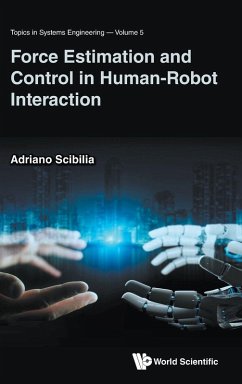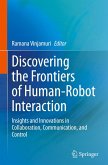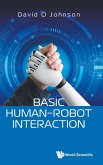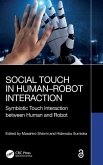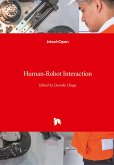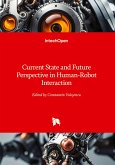The study of human-machine interaction as a unique control system has been one of the first research interests in engineering, with nearly a century having passed since the first works in the field. At the same time, it is a crucial aspect of the most recent technological developments in applications of fields such as collaborative robotics and artificial intelligence. The cross-domain nature characterizing this field of study can cause difficulties in finding a guiding line that links motor control theory, modeling approaches of physiological control systems, and identifying human-machine general control models. In this book, the author aims to find such a guiding line by exploring the existing scientific efforts in these fascinating technological scenarios and proposing a novel approach that could enhance human-robot collaboration and interaction. The book is an academic reference and a practical guide for researchers and students in robotics, control systems, and artificial intelligence. The goal is to offer a combination of foundational theory, methodological innovation, and real-world applications to provide the reader with the insights necessary to implement and put into practice state-of-the-art methodologies in robotic control systems.
Bitte wählen Sie Ihr Anliegen aus.
Rechnungen
Retourenschein anfordern
Bestellstatus
Storno

